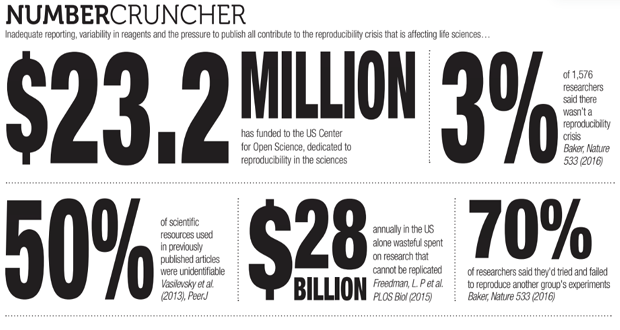Central software stewards at UT: Their role, activities and support
Open Science Twente event
When: 31st October 2024 14:00 - 15:00
Where: LA 1218 (Langezijds)
Who: Néstor DelaPaz-Ruíz and Efe Kerem Sözeri
DCC coordinator: Raisa Biega
Visit Openscience-Twente.com for more information.
Abstract
At this event, the UT software stewards Néstor de la Paz Ruiz and Efe Kerem Sözeri will introduce themselves and their efforts to make software open at the UT. Néstor and Efe give software carpentry workshops, offer training, provide guidance on UT staff software projects and are involved in the development of UT research software policy and guidelines.If you want to learn more about the UT software stewards, this event is a great opportunity to get in touch.
Content
Context
- Definition of software
- Software, a valuable resource
- Software quality
Problems
- Who has more work?
- Where to start?
- What do I need to know?
Opportunities
- Why managing UT software?
- What resources are available?
- Who guides me in the process?
Software management policy and guideline
- Updates
Context: Definition of software
Definition of research software from the FAIR for Research Software Working Group
“Includes source code files, algorithms, scripts, computational workflows
and executables that were created during the research process or for
a research purpose.”]Context: Software as a valuable resource
“Software plays an increasingly important role in research
and it has become a key output of many research projects.”“Making research software openly and sustainably available
supports reproducibility and reusability of research outcomes
and contributes to further research – key elements in the
transition to open science.”NWO: A national guide to research software management

Context: Software quality
From a reproducibility crisis to a credibility revolution.
Google scholar/search:
“scientific replication crisis”: About 68.000 results
“scientific reproducibility crisis”: About 266.000 results

Korbmacher, M., Azevedo, F., Pennington, C.R. et al. The replication crisis has led to positive structural, procedural, and community changes. Commun Psychol 1, 3 (2023). https://doi.org/10.1038/s44271-023-00003-2
Problems
Who has more work?
Those who writes research code at UT
Where to start?
UT software policy and guideline
What do I need to know?
Prepare for a learning process

Opportunities
Why managing UT software?
A new quantifiable and official outputWhat resources are available?
Books, training, funding, OS toolsWho guides me in the process?
Software stewards

![]()



Summary: Role, activities, and support
UT Research Software Policy 1.3 (UT-RSP)
Guidelines for research software management at UT
Developing digital competences (Training):
– Software carpentry workshops
– Software sustainability in practice
– Guidance on UT staff for software projects
– Recognition and regards
Summary: Action plans
- UT Research Software Policy 1.3 (UT-RSP):
A complete document
Policy objectives
Legal clarification
Roles, rights, and responsibilities
- Guideline:
Technical guidance
Potential output into numbers
- Room for improvement
AI
Sustainability
Rewards and recognition
Positives: A complete document
Short and Precise: 6 pages and 1393 words
NWO & NeSC guidelines
Review of literature (meta studies)
Hyperlinks to national and international arrangements
Reference to internal UT policies
The groundwork for the UT Research Software Guideline, hub of experts, software ambassadors, open-source community
Positives: Roles, rights and responsibilities
UT staff
Software stewards
Digital Competence Centre (DCC)
Pure Faculty Managers
Knowledge Safety Office
Knowledge and Technology Transfer Office
Faculty Boards
Guideline: Technical guidance
Software Management Plan (NeSC & NWO)
Funding and requirements
Legal restrictions
Valorisation
Attribution and compatibility (Licences)
Documentation
Public repository